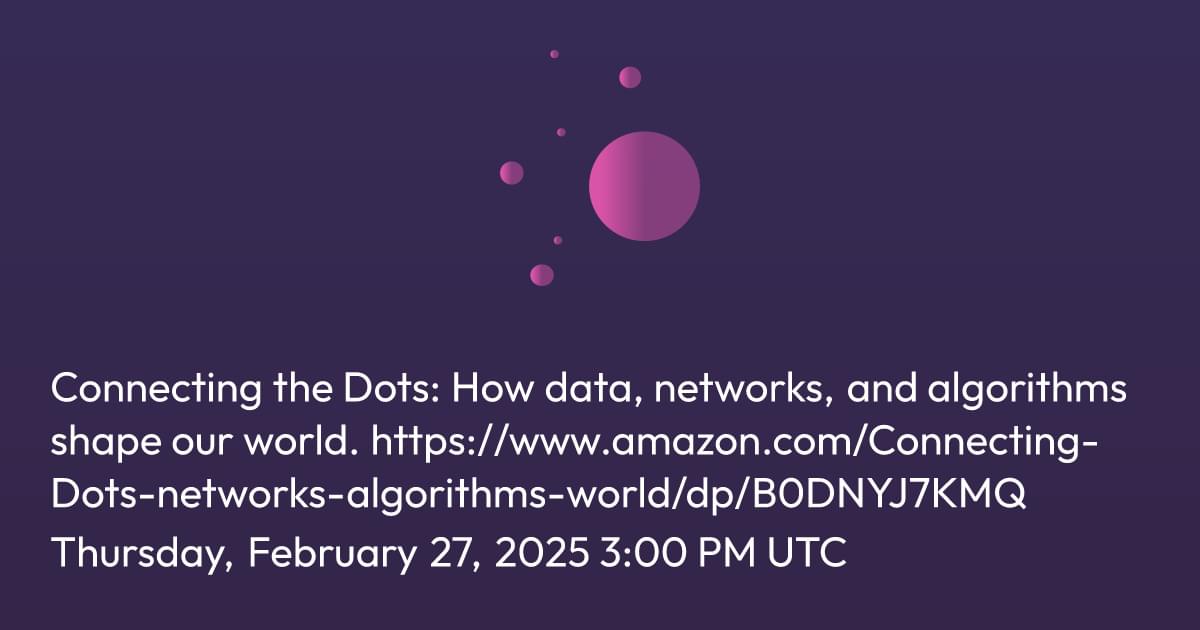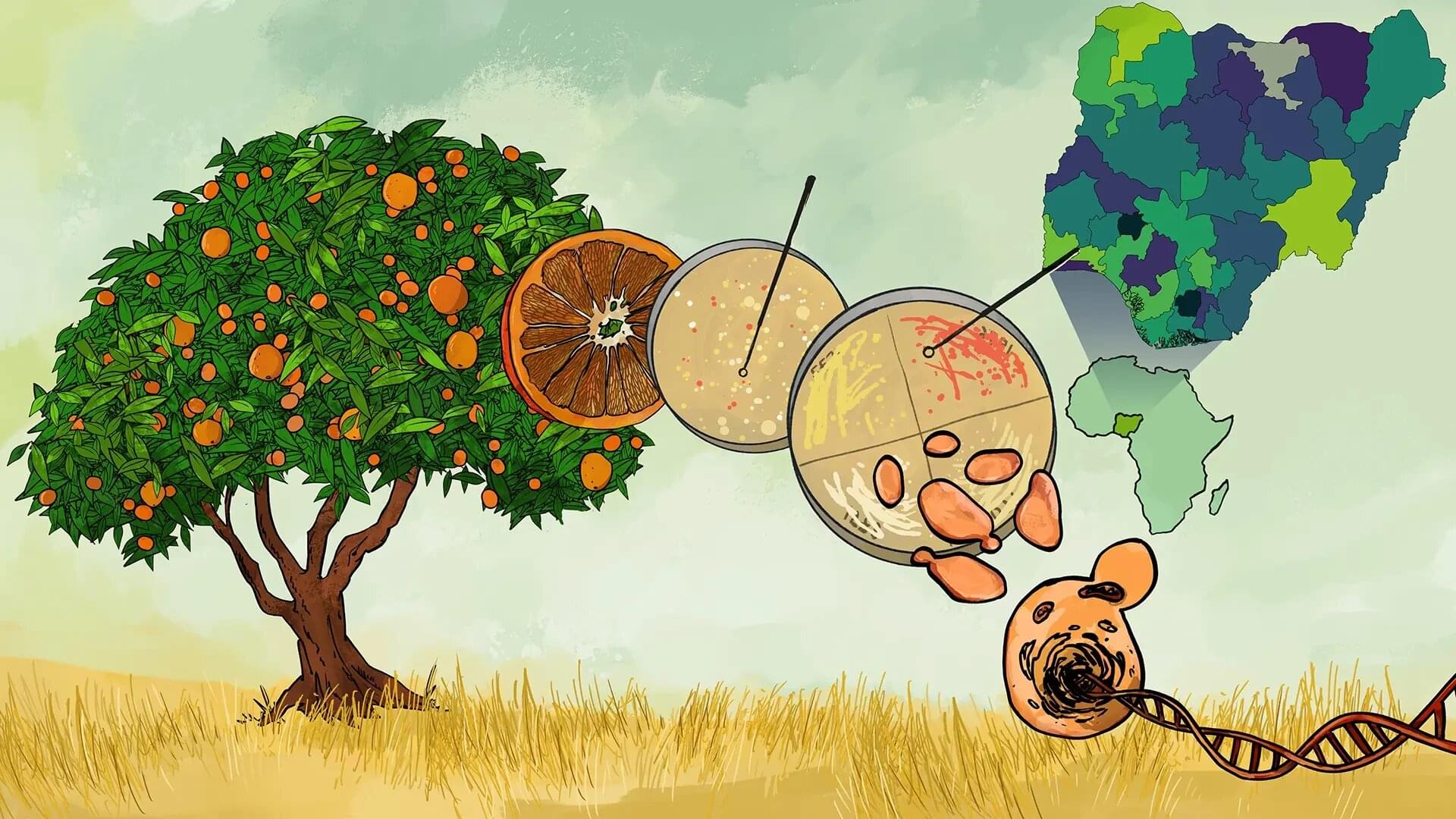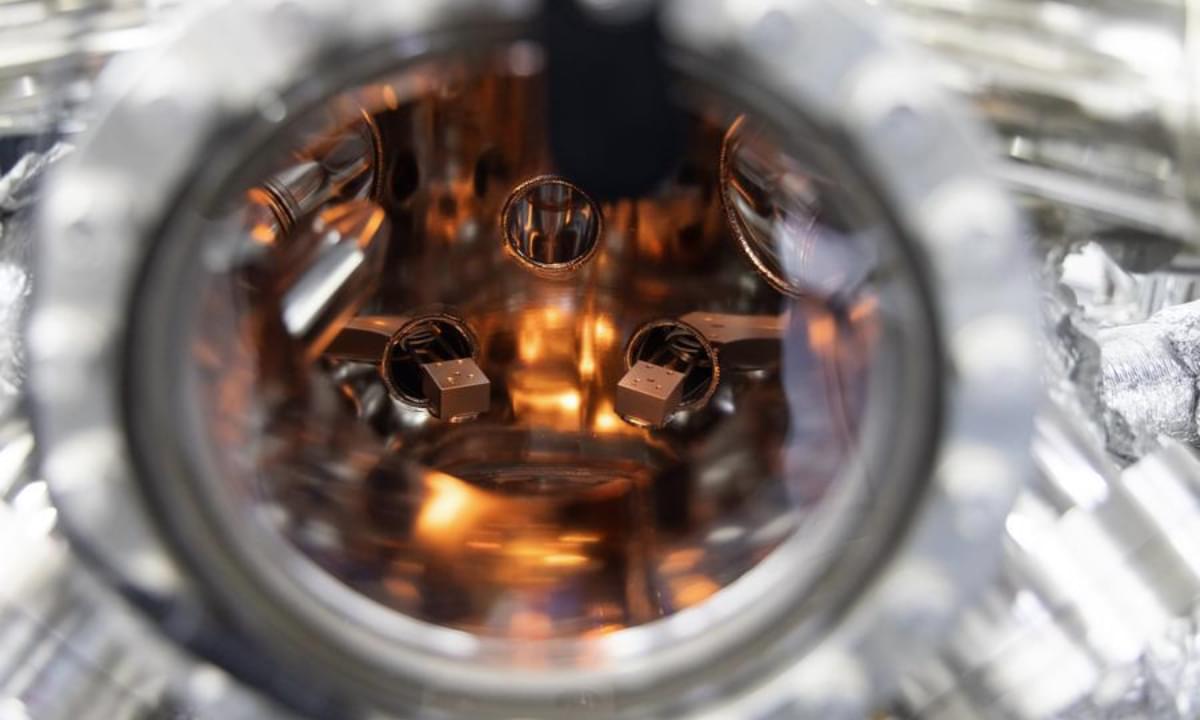Tech juggernaut Nvidia continued its winning streak on Wednesday, posting record quarterly revenue of $39.3 billion, up 12% from last quarter and 78% a year ago, compared to Wall Street’s projection of $38.3 billion. Sales for the year came in at $130.5 billion, up 114% from the previous year.
The company forecast revenue for next quarter to hit $43 billion, slightly above the Street’s projections. Gross margins dipped for a second consecutive quarter, however, coming in at 73.5%, matching the guidance CFO Colette Kress offered last quarter. She said margins are expected to temporarily drop into the low 70s amid the Blackwell rollout.
Another amazing quarter from the company, said Will Rhind, founder and CEO of GraniteShares, who manages leveraged ETFs that give investors double the exposure to long or short positions on the stock. The only slight thing that I guess you could probably nitpick on is margins.
Today, the company’s data center business accounts for most of its sales as customers, including nearly all of Big Tech, race to amass as much compute power as possible. The data center division’s $35.6 billion in revenue increased 93% from the same quarter last year and beat the Street’s expected number of $34.2 billion.
Nvidia stock rose 171% in 2024, accounting for more than a fifth of the S&P 500’s overall gain. The company’s earnings are viewed as a reckoning for the whole Gen AI trade, making the chip behemoth’s financial results a momentous occasion for the entire equities landscape.
Rhind noted this latest batch of earnings comes as the market deals with increased uncertainty about issues such as tariffs and inflation. It really feels like the emphasis on this particular earnings call is more important than perhaps any of the others so far, he said.





